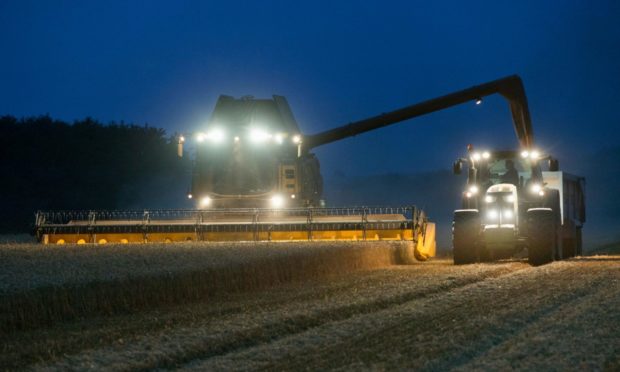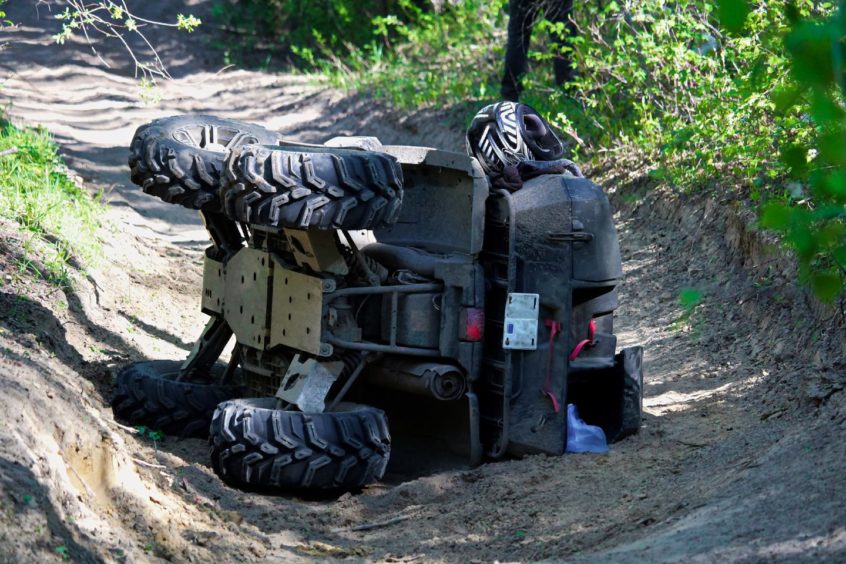Fatigue and stress are putting the farming industry at particular risk of dangerous accidents, a group of researchers at the University of Aberdeen has confirmed.
As the industry gears up for Farm Safety Week, the university’s NTSAg group, which researches the role of non-technical skills in agriculture, investigated “situation awareness” – knowing what is happening around you – and concluded that lapses in awareness related to stress and fatigue were a main contributory factor in farm accidents.
Researcher Ilinca-Tuxandra Tone interviewed 15 farmers from the UK and Ireland who described an accident and found that they had an incorrect or incomplete understanding of the situation, such as misjudging the size of a vehicle. Some were attributed to a recent change in equipment or machinery, or over-familiarity with existing equipment
Writing on an NFU Scotland (NFUS) blog, she said: “Many of them said that they were taking more risks or shortcuts and rushing to get the job done when extremely tired.
“They also mentioned that their alertness or concentration dropped and that they were aware of what was going on around them, and less able to spot when things were going wrong.
“This is something which also happens to pilots, offshore drillers, and other people who, just like you, work at the sharp end in a high-risk industry – their situation awareness or their mental picture of what is going on around them is negatively affected by fatigue.”
She identified strategies that can help fight fatigue:
- The moment you feel the first signs of fatigue, take a break. Don’t wait until you are falling asleep during the job. Put your tools down and take a breather, even if it is just for a short while.
- It is also important and perfectly normal to occasionally take time off, preferably to get away from the farm, even if just for an hour or two. This can help you detach, socialise with friends, family, and the local community, and come back to the remaining jobs with a new outlook.
- Some important lessons can also be learned from those working in defence aviation. Just like you, they have to deal with danger on a daily basis Studies show that one of their preferred strategies to tackle fatigue is slowing down the job.
- Another strategy used by these professionals is postponing non-essential tasks or passing these on to somebody else if working in a team.
- Finally, when working while fatigued, it is important to keep in touch with others, not only so you can get help in case of an emergency, but also to keep yourself alert.

